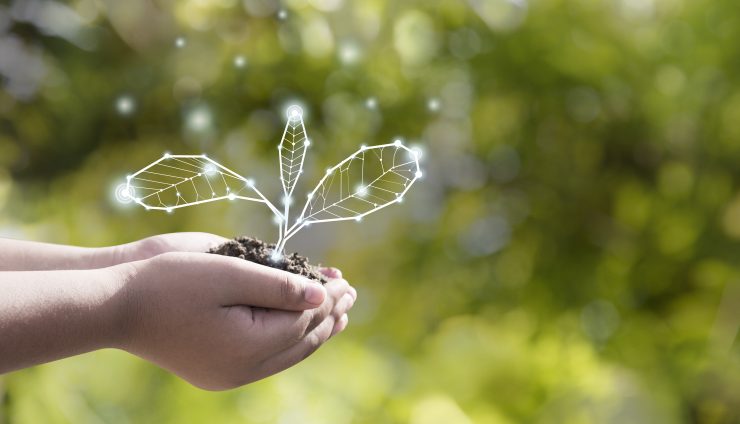If you’ve ever heard that bioplastics are the eco-friendly alternative to plastic, it may be time to reconsider your options. Bioplastics are made from sugars in plants or genetically produced through microorganisms while traditional plastics are made from petroleum.
Although bioplastics appear sustainable ‒ with benefits such as fossil fuel emission reduction, faster decomposition and less toxicity ‒ research says otherwise.
“Bioplastics release more pollutants from fertilizer usage, require more land and can contaminate recycling streams,” says Mackenzie Crigger, sustainability manager at Chapman University. “An entire batch of recyclables could be wasted if bioplastics are not discarded properly.”
Bioplastics offer the advantage of being biodegradable, but require high temperature composting facilities to break down, which few cities have. Instead, they end up in landfills which consequently releases methane.
Next time you’re faced with the choice of choosing a bioplastic or traditional plastic, explore a more sustainable option.



